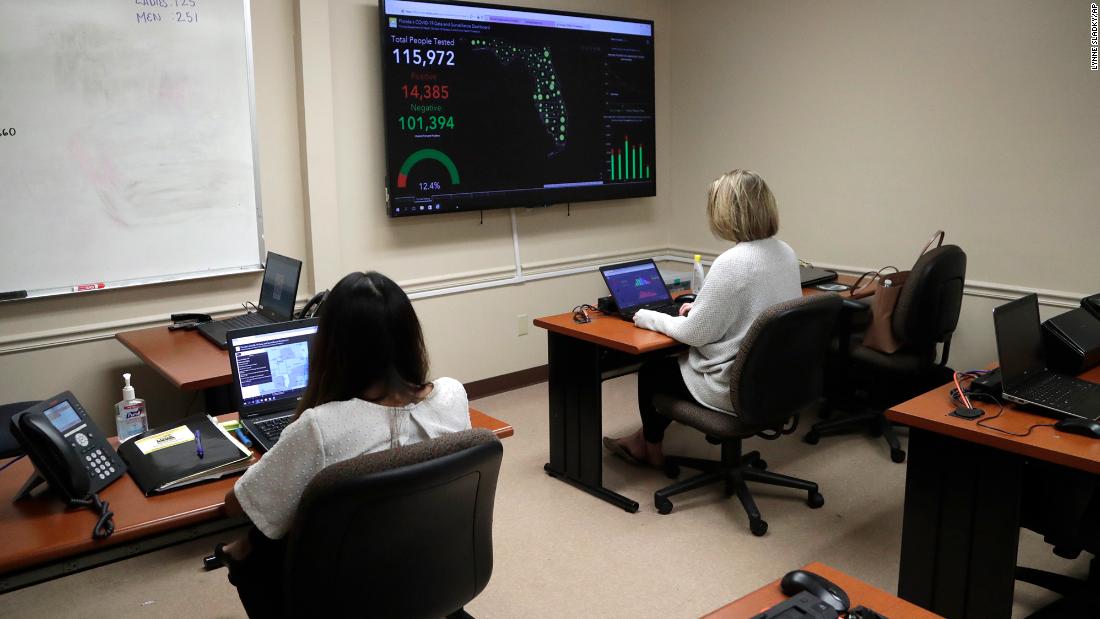
During last year's application cycle, public health program applications jumped by 23%, with the biggest increase coming after March 2020, said Laura Magaña, the President and CEO of the Association of Schools and Programs of Public Health (ASPPH).
In the 2021 cycle, applications have so far increased by about 39% since the same time last year."It is a clear effect of the pandemic," Magaña said."Public health became really visible and people understand its importance."
The pandemic, Magaña said, in combination with a younger generation passionate about issues like social justice and climate change -- both of which have been at the forefront of global conversations in the past year -- likely led to the jump in applicants.Once she graduates from her public health program, Allende said she wants to home in on public health for vulnerable communities in the US."In all aspects of my life, I feel like it all comes down to preventing disease," she said."But because of the pandemic, I thought this was the best moment to apply."
Local health officers will be key in helping address health disparities, Freeman said."Much of the work and the importance of public health on the ground is considering how to create (healthy) conditions," Freeman said.Less than 10% of local health departments' top executives are people of color, according to 2019 data from NACCHO.
Health agencies -- both public and private -- remain the top employer for graduates of these programs, Magaña said.But demand from the private sector is rapidly growing -- including from pharmaceutical and insurance companies, health consults and large corporations, which are now seeking more public health expertise to create new programs or applications, Magaña said.
Benjamin applauded the passage of the American Rescue Plan Act, which funnels several billion into sustaining and expanding the public health workforce, calling the move a "temporary sigh of relief."
"The Covid moment has shown us that, if it's shown us nothing else, that we have had a long-standing underinvestment in creating enough people for public health," said Boston University's Galea.And that's what experts hope can change now.